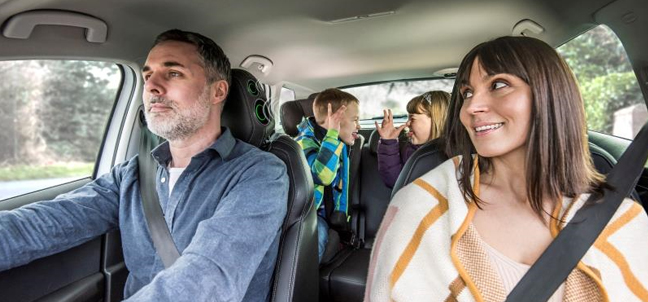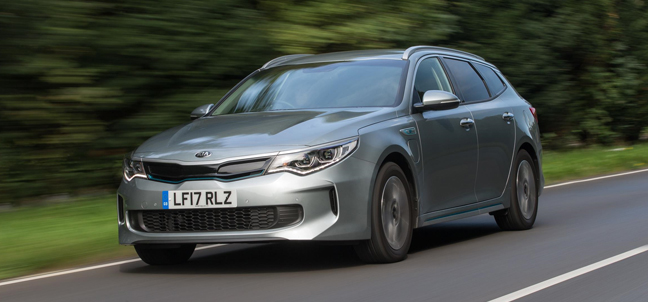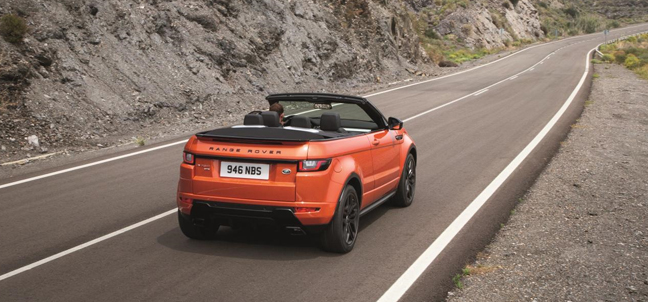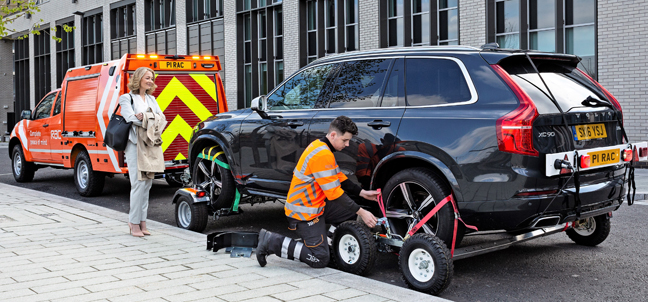While most motorists will have taken their annual driving vacations before the end of October, when a great many elements of pan-European motoring legislation may be tightened-up, remember that the UK has not departed the EU as yet. Although this might suggest that ‘nothing has altered’, I can report from a recent trip to France that the amount of police presence in the north of the country, notably around Calais and Boulogne-sur-Mer, has increased significantly and it is not ‘Douanes’ (Customs), or immigration orientated.

If you believe that our country is the most-watched and most-recorded of any, trust me, when I tell you that the French are not far behind and the days of untrammelled motoring on its fabulous roads, while not over, are certainly significantly more speed-conscious. The standard fine for exceeding the posted speed limits of 130kph on the French motorway network (120kph in Spain), 110kph on its Nationales and 100kph on Departmentes roads (unless stated otherwise) is 135Euros. However, it can also be boosted by higher speed transgressions.

There are now almost as many static speed cameras on France’s roads network as there are in the UK and they all work. However, you need to be aware of the increased number of ‘unmarked’ police cars that may be parked on hard shoulders and slip-roads of motorways. They can be accompanied by bike-mounted police, none of which are tolerant towards speeders. Also bear in mind that a speeding ticket incurred in the South of France can still result in your being stopped by the police at Calais, even as you await the next ferry, or Chunnel train.

While driving anywhere abroad, you must display a GB sticker on your vehicle, while French law also dictates a spare lightbulbs kit, a first aid kit, a warning triangle and a reflective jacket for at least one person. Although it is no longer a legal responsibility, it is advisable to carry a breathalyser too (most European countries now have a 0.5mg alcohol limit; as opposed to the 0.8mg of the UK).
The temptation to drive shirtless and wearing flip-flops is outlawed in Spain and, if you are spotted, a 200Euros instant fine would be applied. The Spaniards also insist on a spare wheel being carried, along with protective gloves and the tools to change a wheel/tyre combination. If you wear prescription spectacles, the Spanish police also insist that you carry a second pair. Interestingly enough, the Mediterranean countries have introduced a number of rolling vehicle bans during heatwaves, so it pays to check local legislation online before heading for the sun. They vary a lot but you will still be subjected to the local laws.

It is advisable to learn a few pertinent expressions in whichever languages may be appropriate for your trip. Most phrase books, motorists’ guides and travel guides contain useful phraseology. Personally, I always carry a Marco Polo guide but the AA and RAC also provide relevant publications, if you cannot download information from their websites. Finally, ensure that your vehicle is covered by the insurance policy for driving abroad and, while keeping them safely stored, carry the insurance documents with you, in case you need to make a claim. It might be useful to check if your breakdown recovery service covers you in Europe too; not all do.

